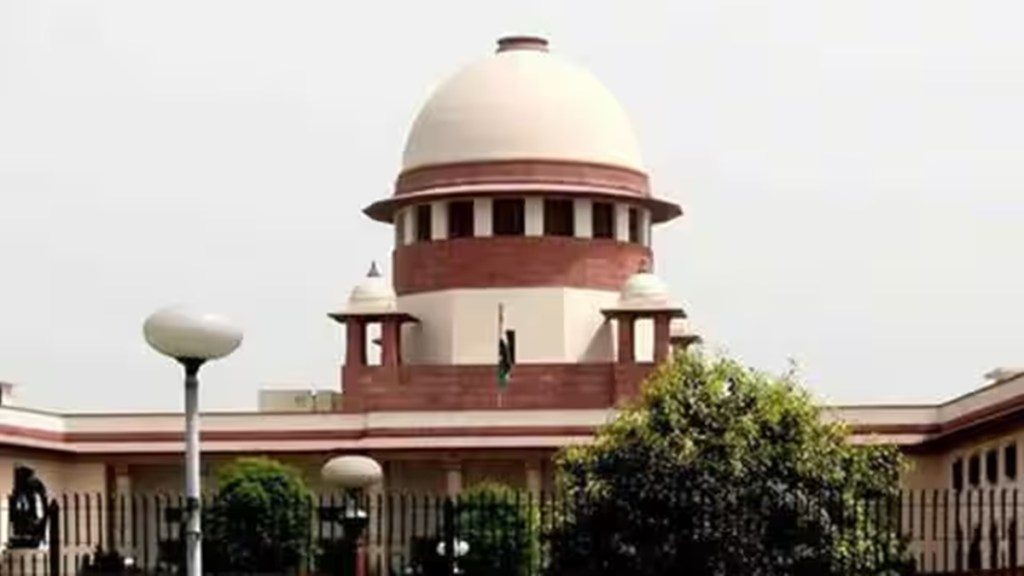If there is considerable dejection over the Supreme Court’s decision not to grant legal recognition to same-sex marriage, the reason is the high standard set by the apex court through some of its path-breaking judgments of the past. For example, in September 2018, it had struck down Section 377 of the Indian Penal Code, decriminalising homosexual relationships between consenting adults, raising hopes that legal recognition for gay marriage is the most natural next step. But it was an illogical expectation, as the apex court clearly can’t frame a new law, and can only interpret the existing law. It is clearly Parliament’s prerogative to enable legal recognition of civil unions between same-sex people. The court has done well in directing the Union government to form a committee to look into the rights and entitlements of queer persons.
It is, however, equally true that the apex court has taken a rather narrow view of what the Constitution guarantees to non-heterosexual citizens. For instance, one of the majority judgments in the matter held that the concept of marriage preceded the concept of State, even as one of the minority judgments said marriage is not a static and unchanging institution. The intent was to illustrate how fraught legislating and adjudicating on marriage is, against the backdrop of persisting social conventions. Yet, there is enough evidence of legislative and judicial intervention in the interest of vulnerable groups—from the law banning child marriage to the Shafin Jahan judgment on an adult of sound mind choosing their marital partner. Similarly, in the present instance, differing judgments on whether the Central Adoption Resource Authority debarring unmarried couples (and therefore, without legal recognition, non-heterosexual couples) from adopting is a violation of Juvenile Justice Act and Article 15 (the right against discrimination) shows there is considerable ground for the judiciary to explore, in terms of securing the rights of the LGBTQIA population. In this context, one of the majority judgments declining adoption rights to same-sex couples on the grounds that the State must ensure “stable homes” for children underlines the inability of the State to recognise its own role in perpetuating the so-called “instability” of certain kinds of households.
The SC, of course, did well to forcefully reiterate that queer individuals and couples shouldn’t face even inadvertent discrimination at the hands of the State because of their orientation when it comes to basic services. One of the reasons why the petitioners had sought marriage equality was that various spousal entitlements and benefits that flow to heterosexual married couples—such as pension, gratuity, inheritance, etc—are not made available to them due to the lack of legal validation of their union. To that end, the government can’t let popular morality hold it hostage, if these entitlements are to come only with legal recognition of same-sex unions.
The government contends that there are just 2.5 million homosexuals in the country, but the number could be several times larger, say activists, arguing that the stigma attached prevents many from being open about their sexuality. The government’s argument that same-sex marriage is not compatible with the concept of an ‘Indian family unit’ is odd, especially coming from an administration that insists it is not status-quoist. If an institution, due to past tradition, does not allow the constitutional right for every citizen to be treated equally, then it should be amended. The legislature must understand that it can’t keep relegating a large chunk of Indians to second-class citizenship.


